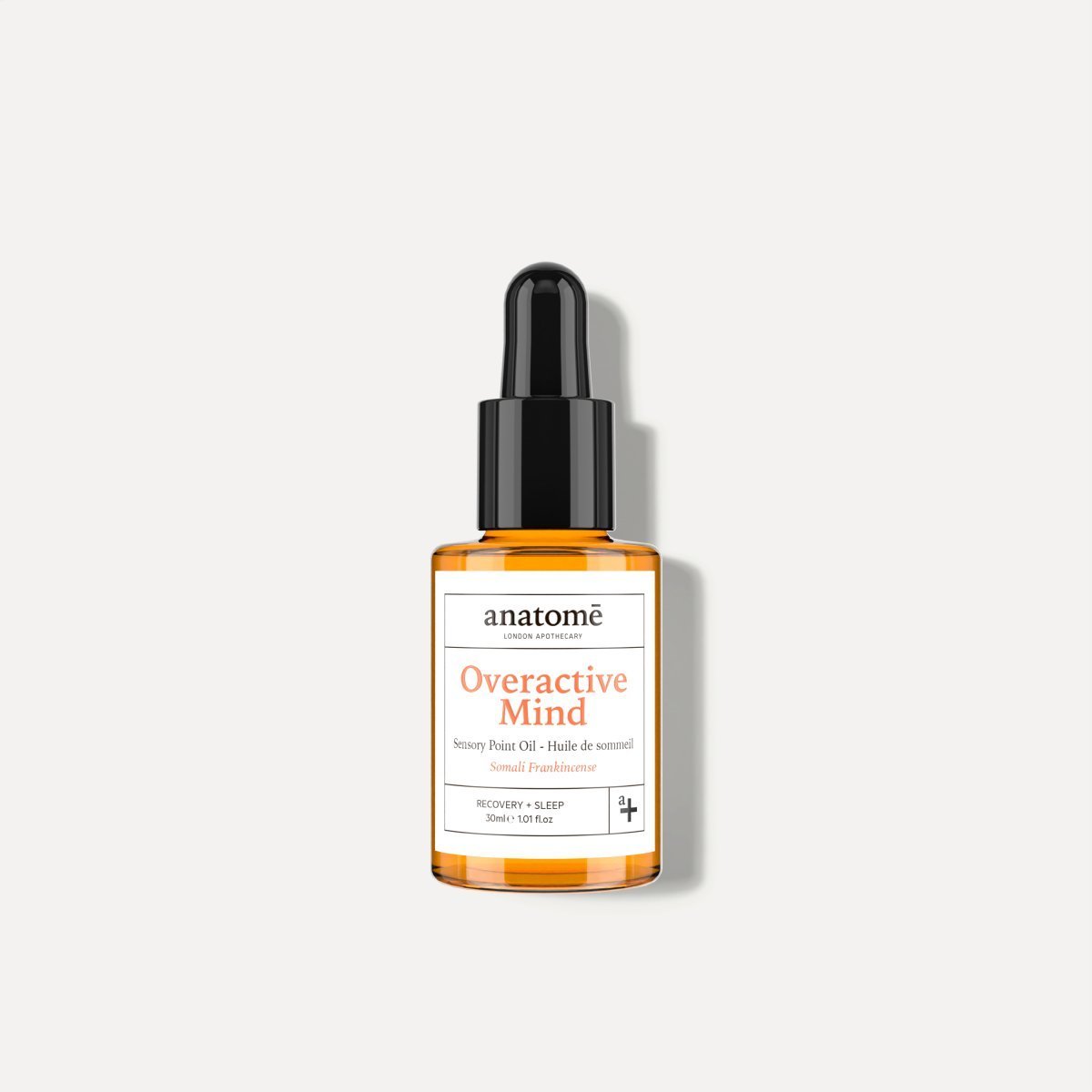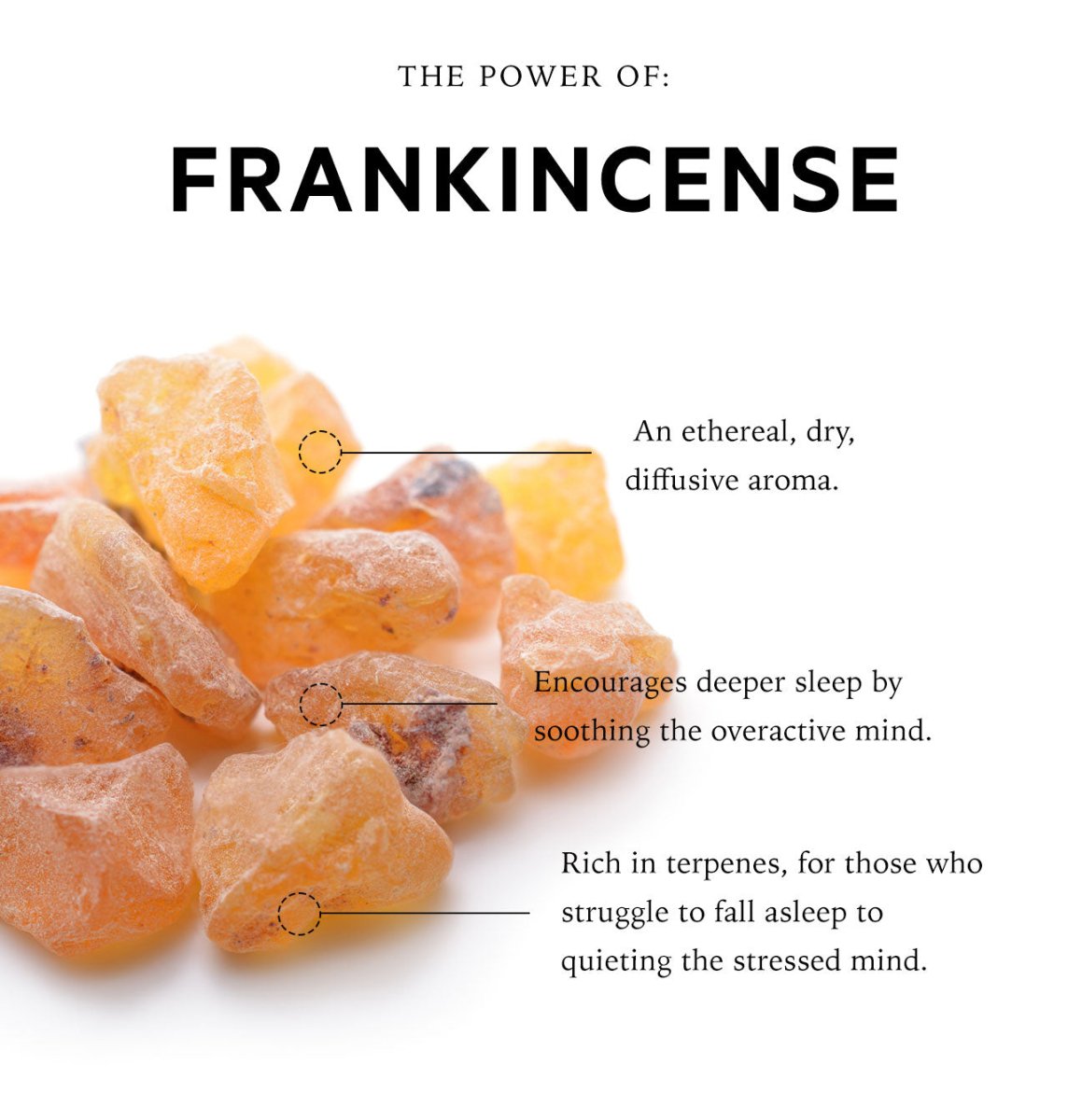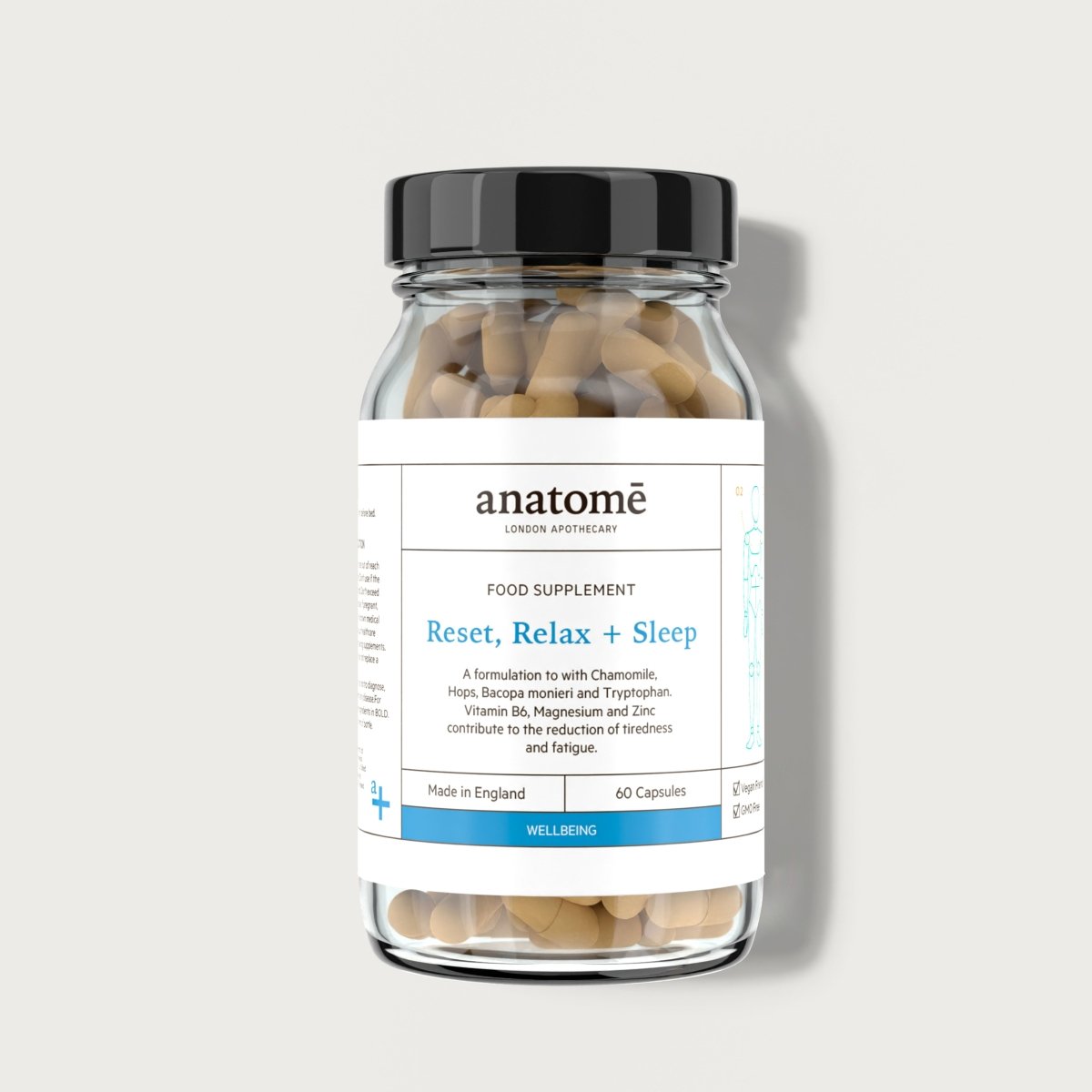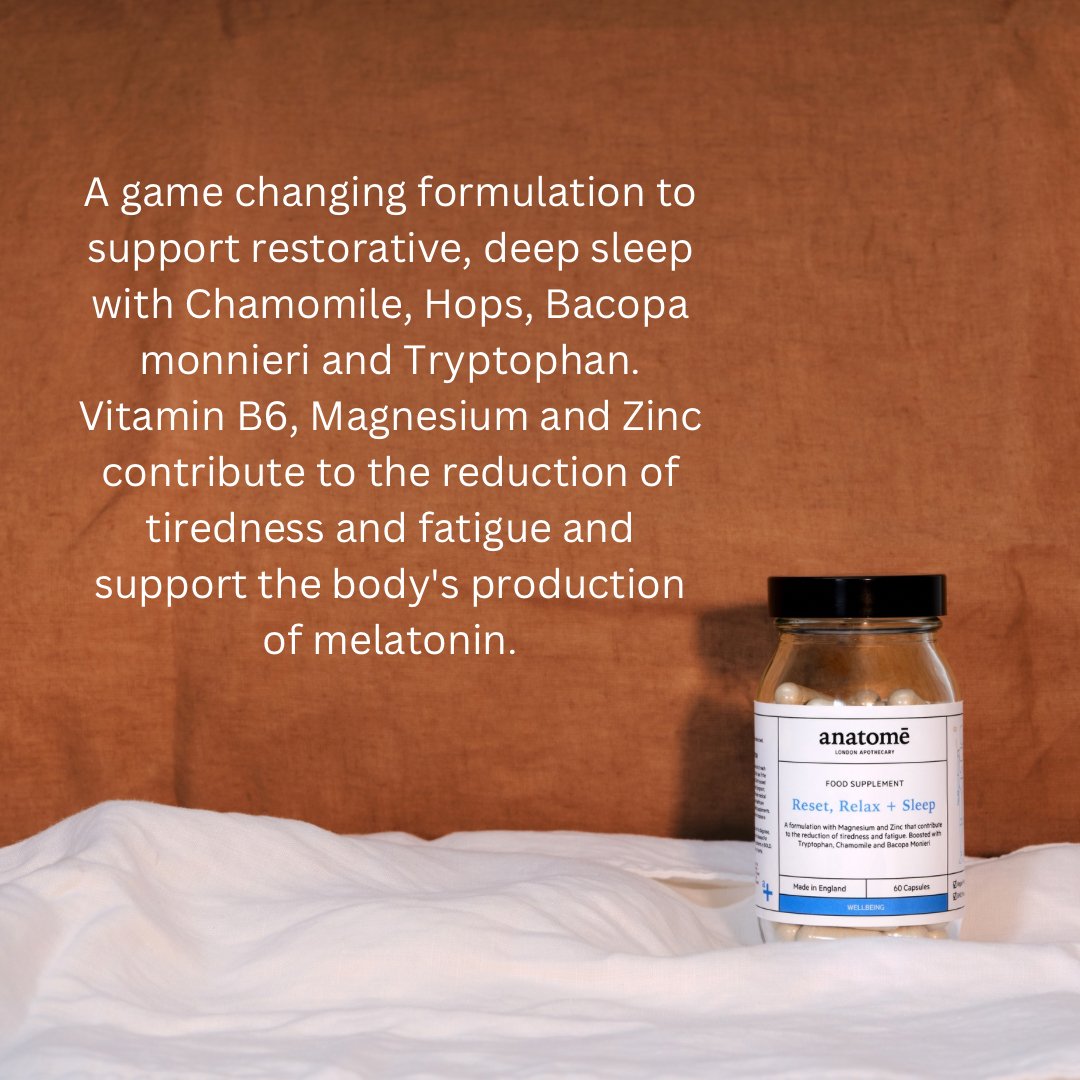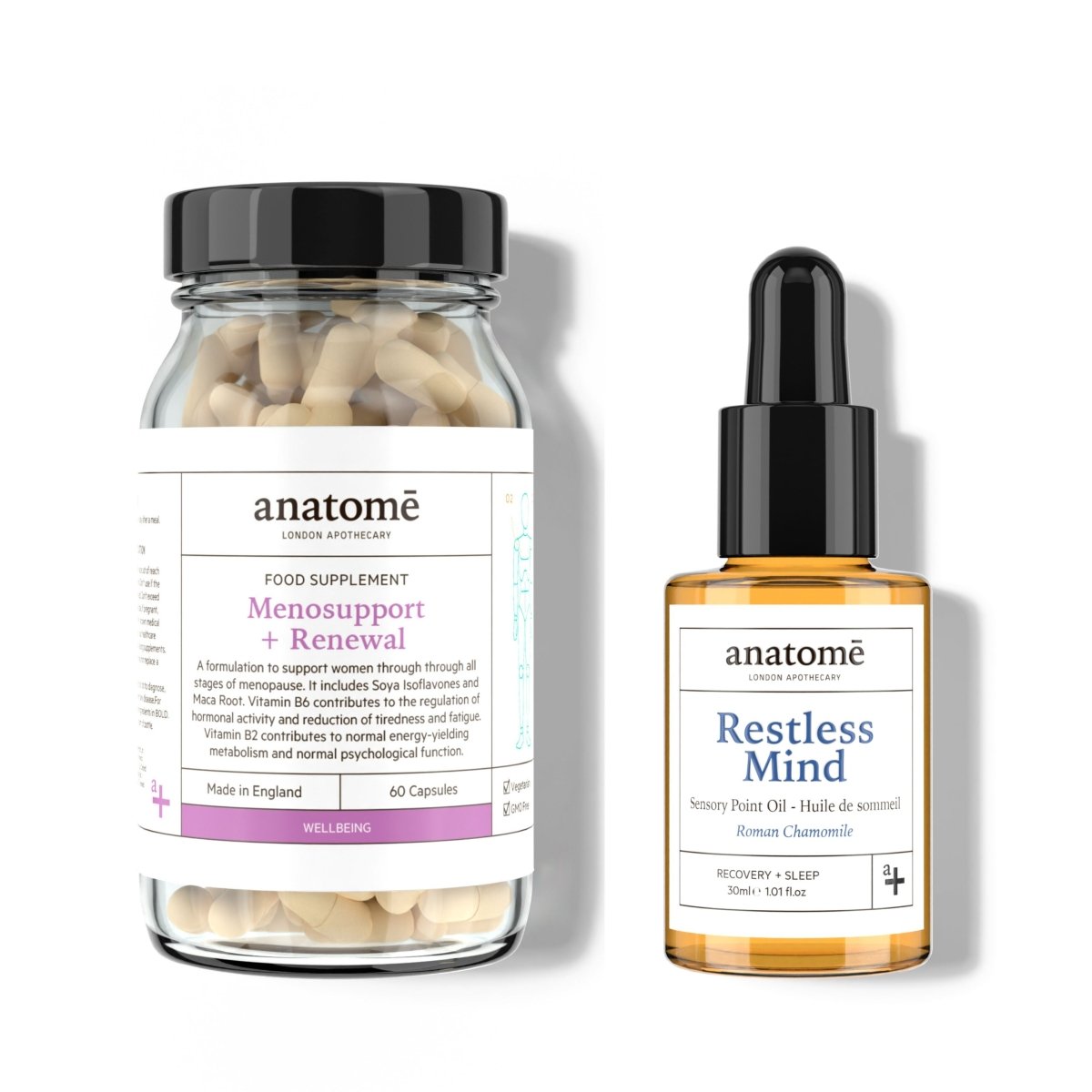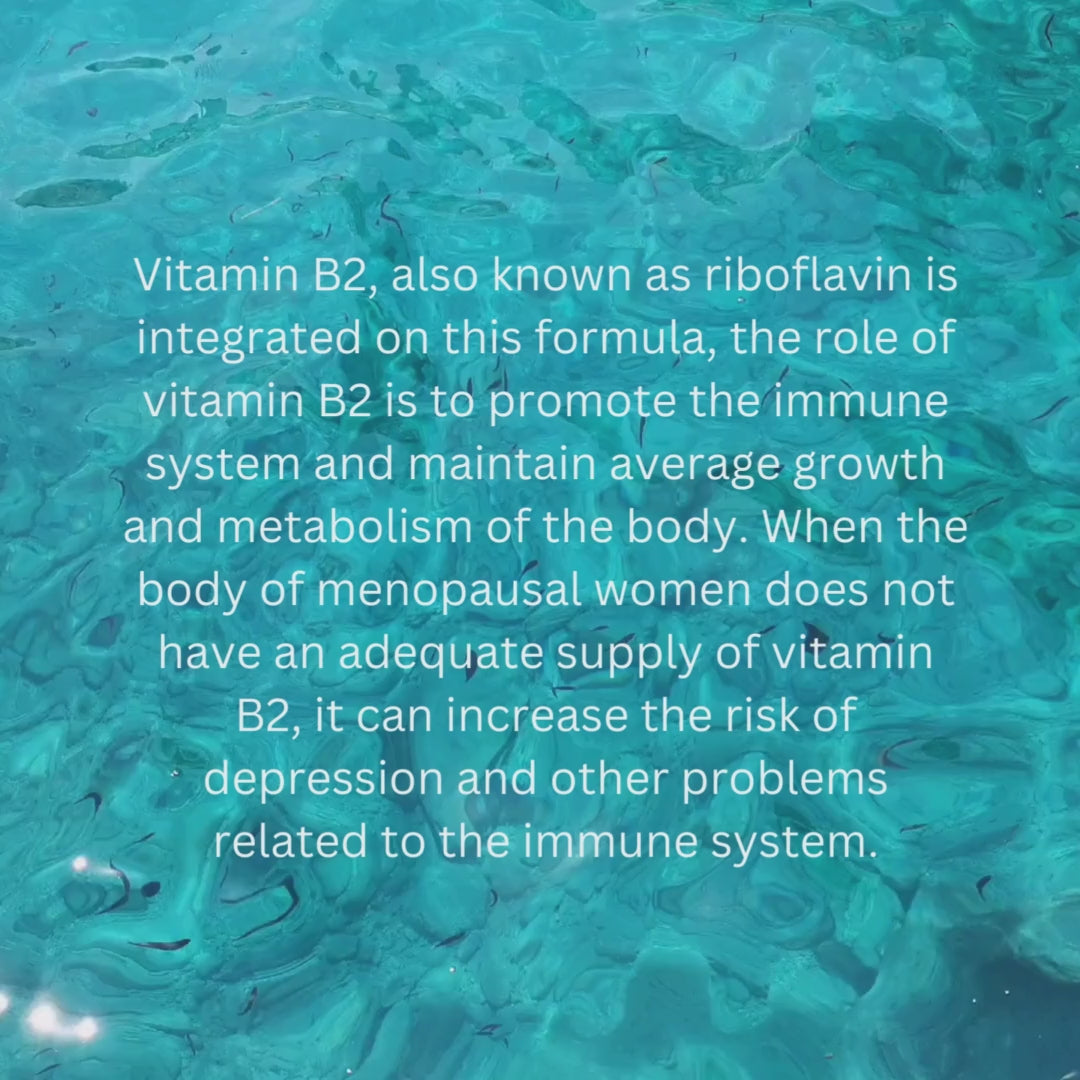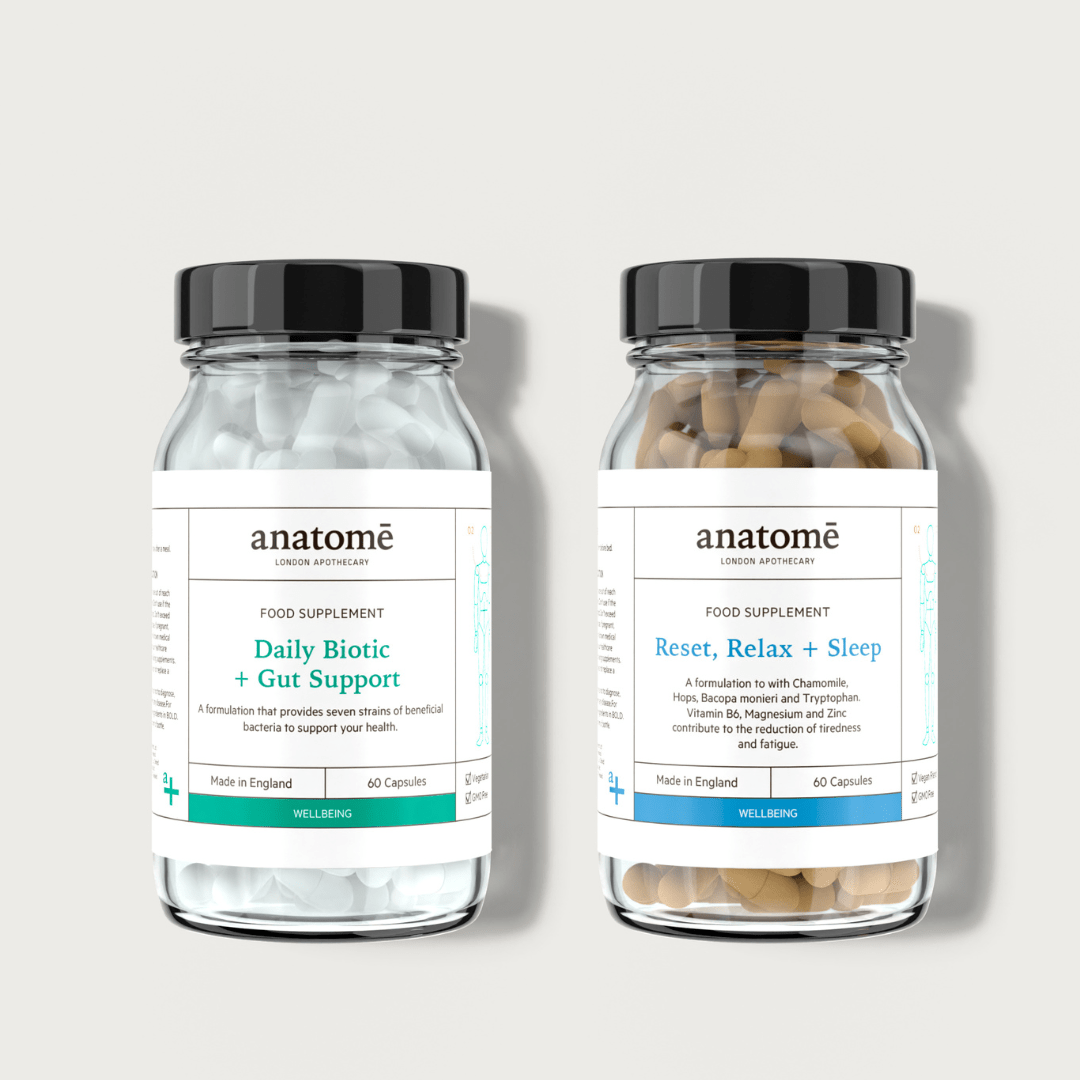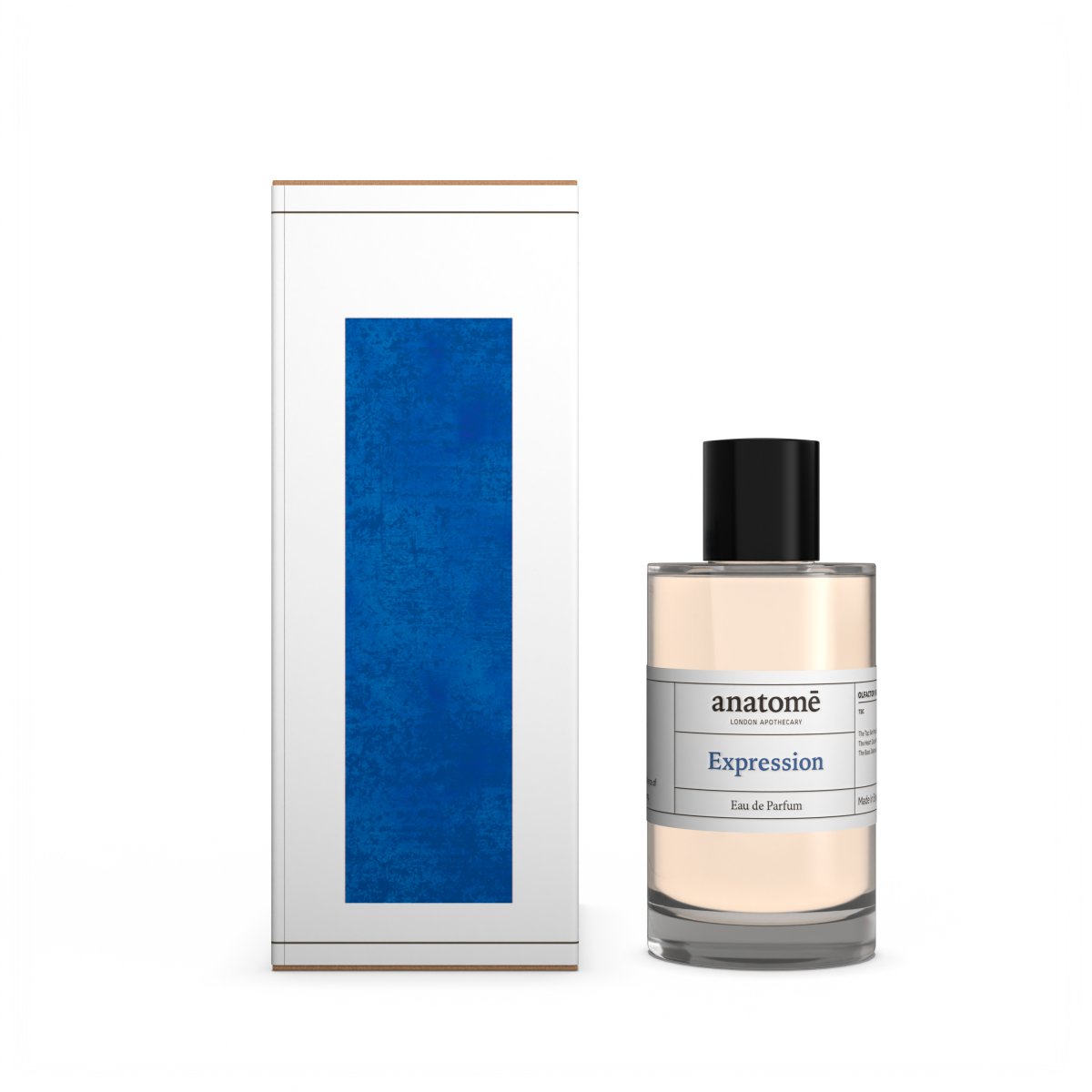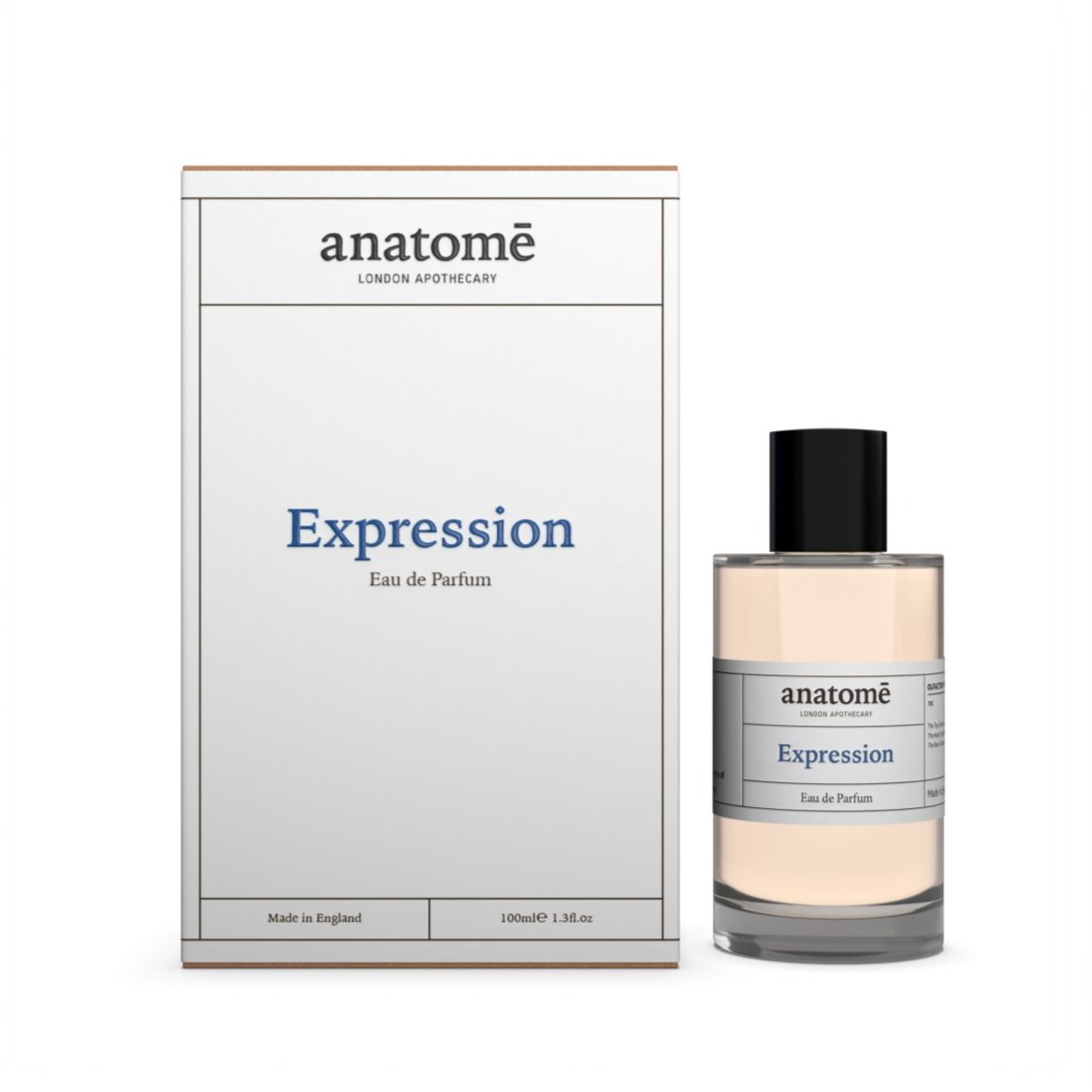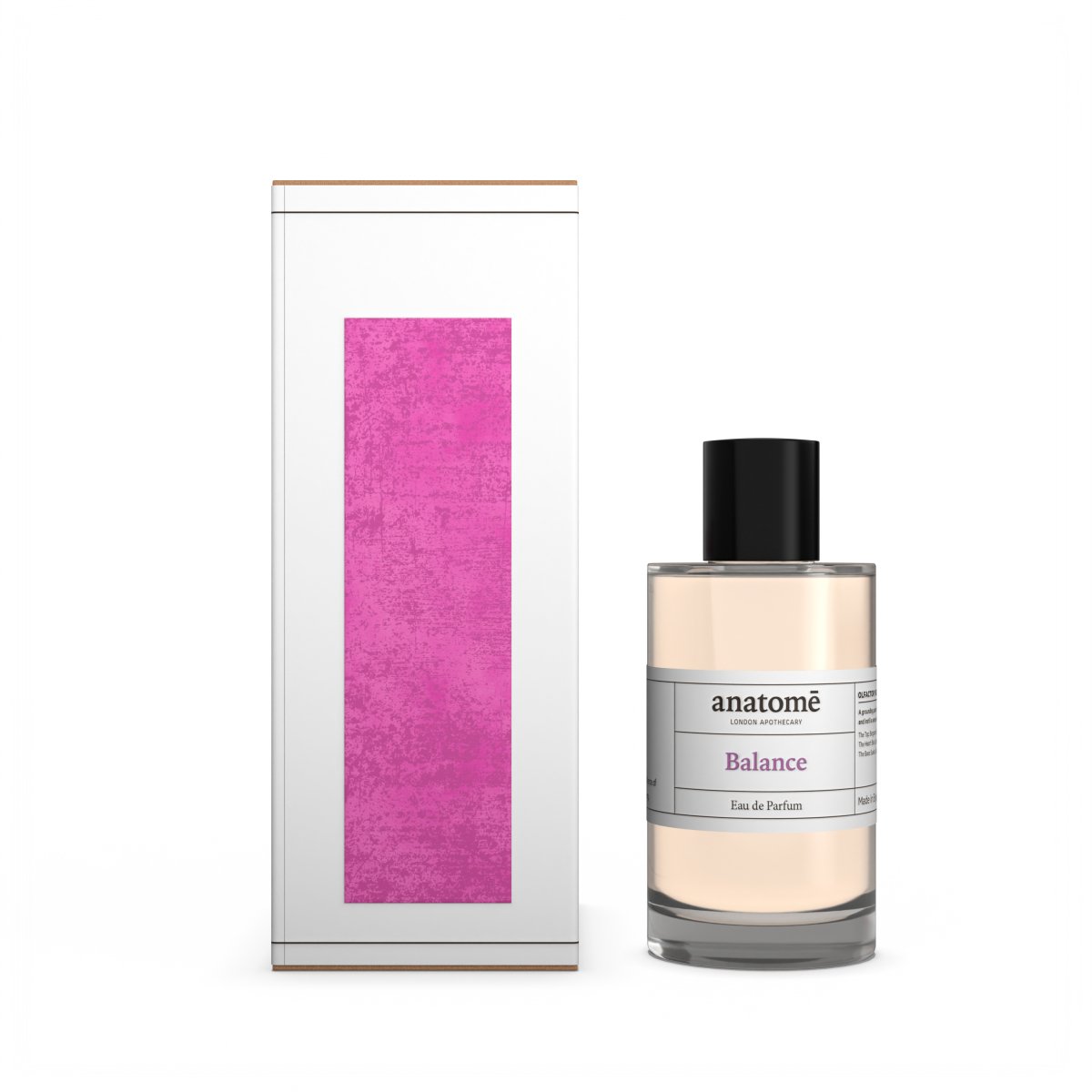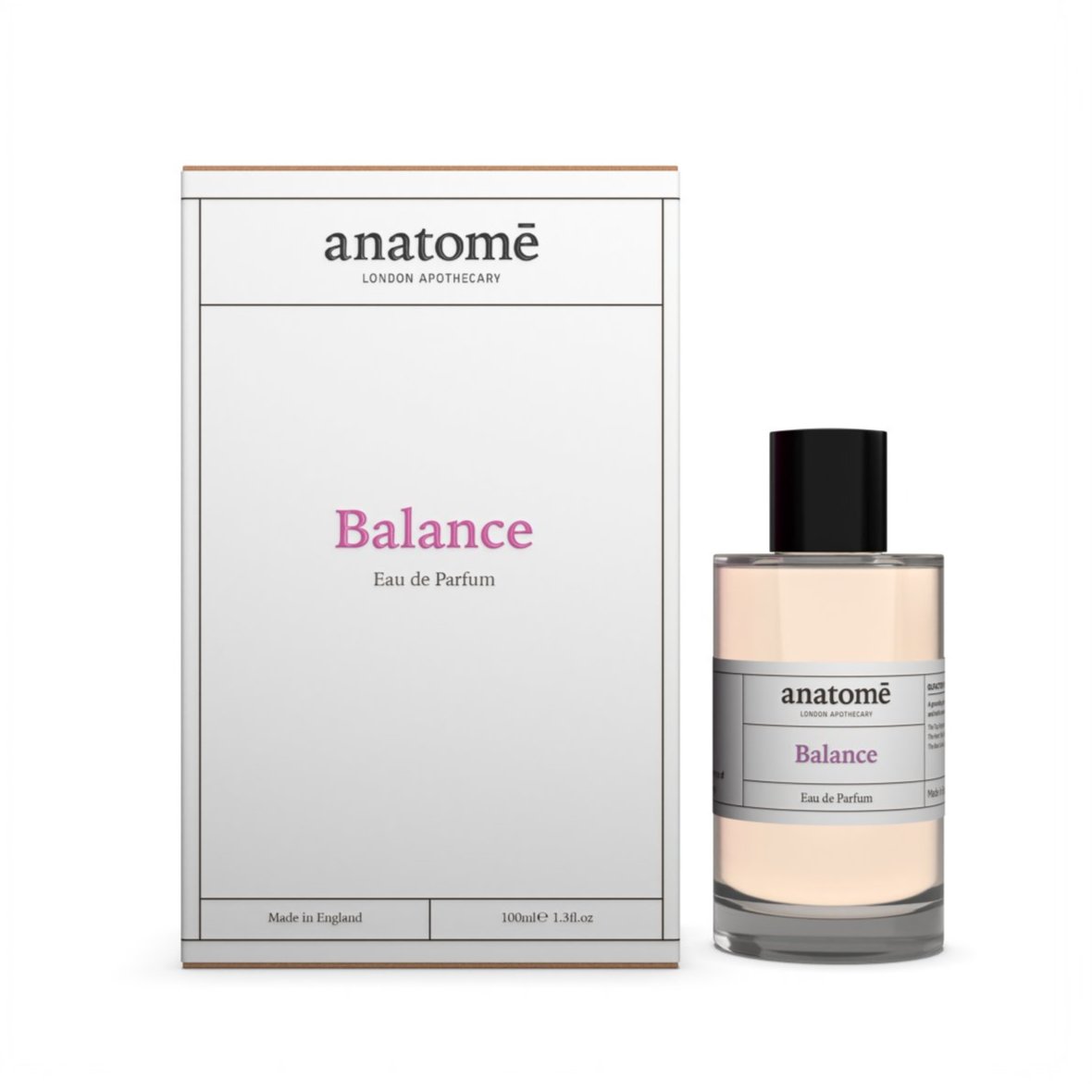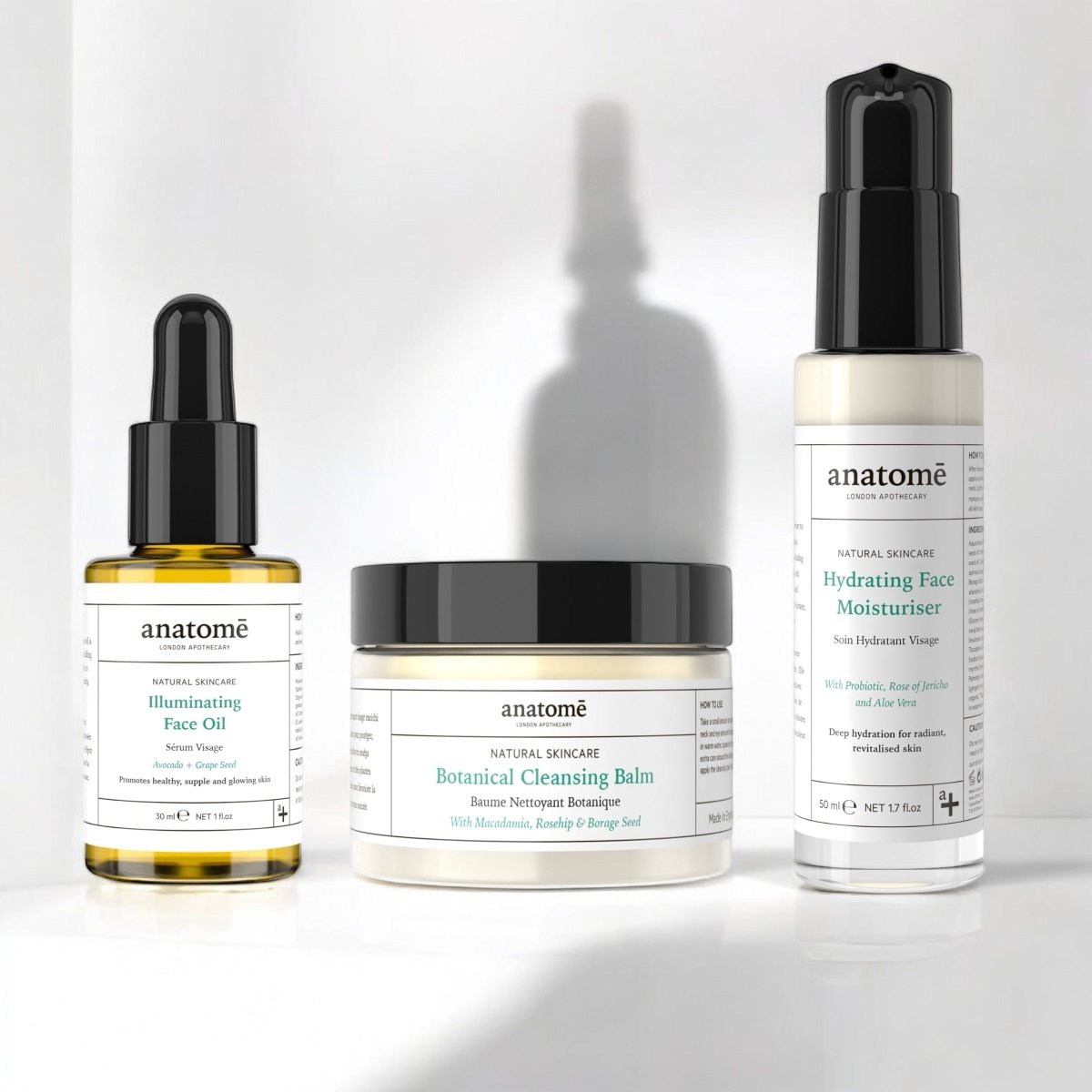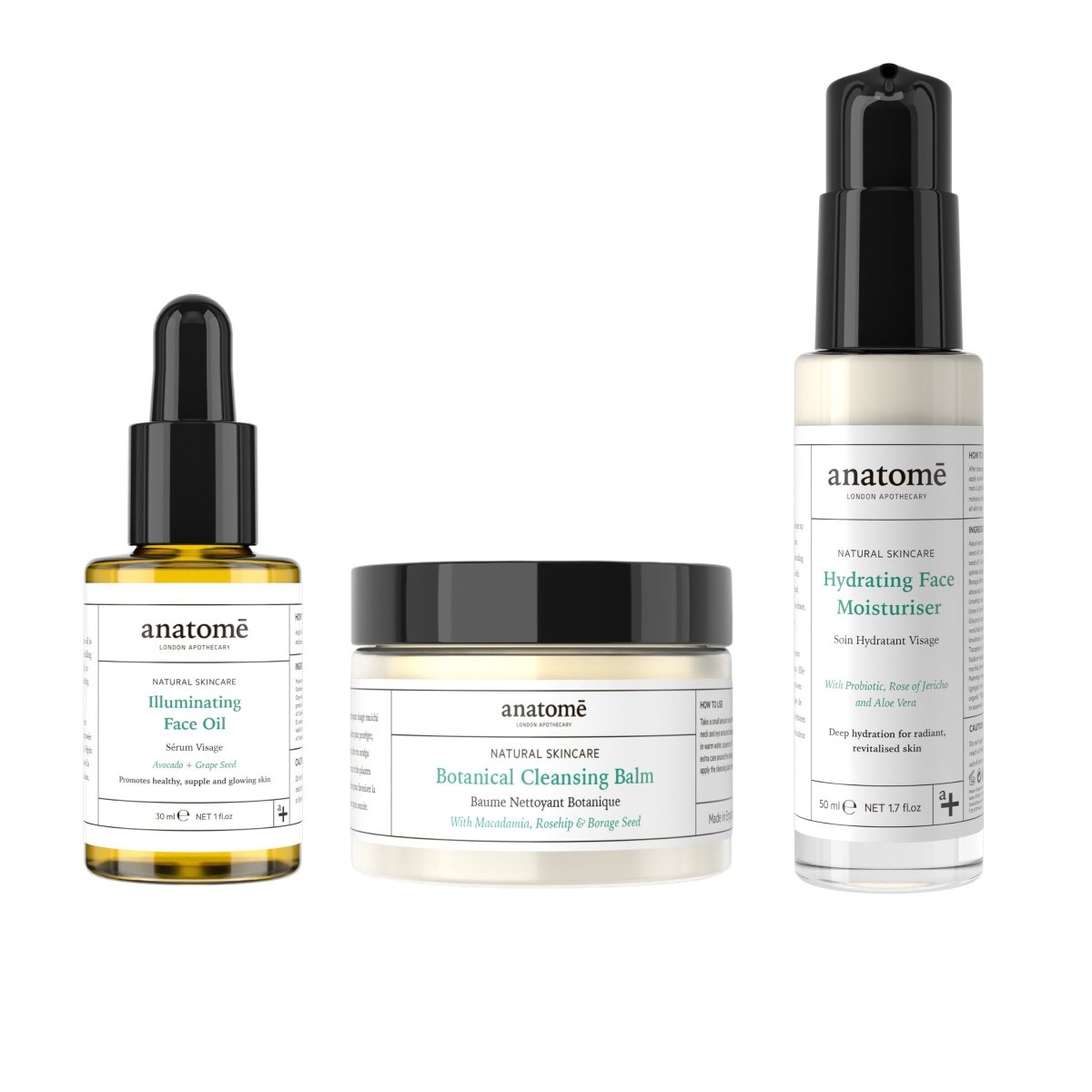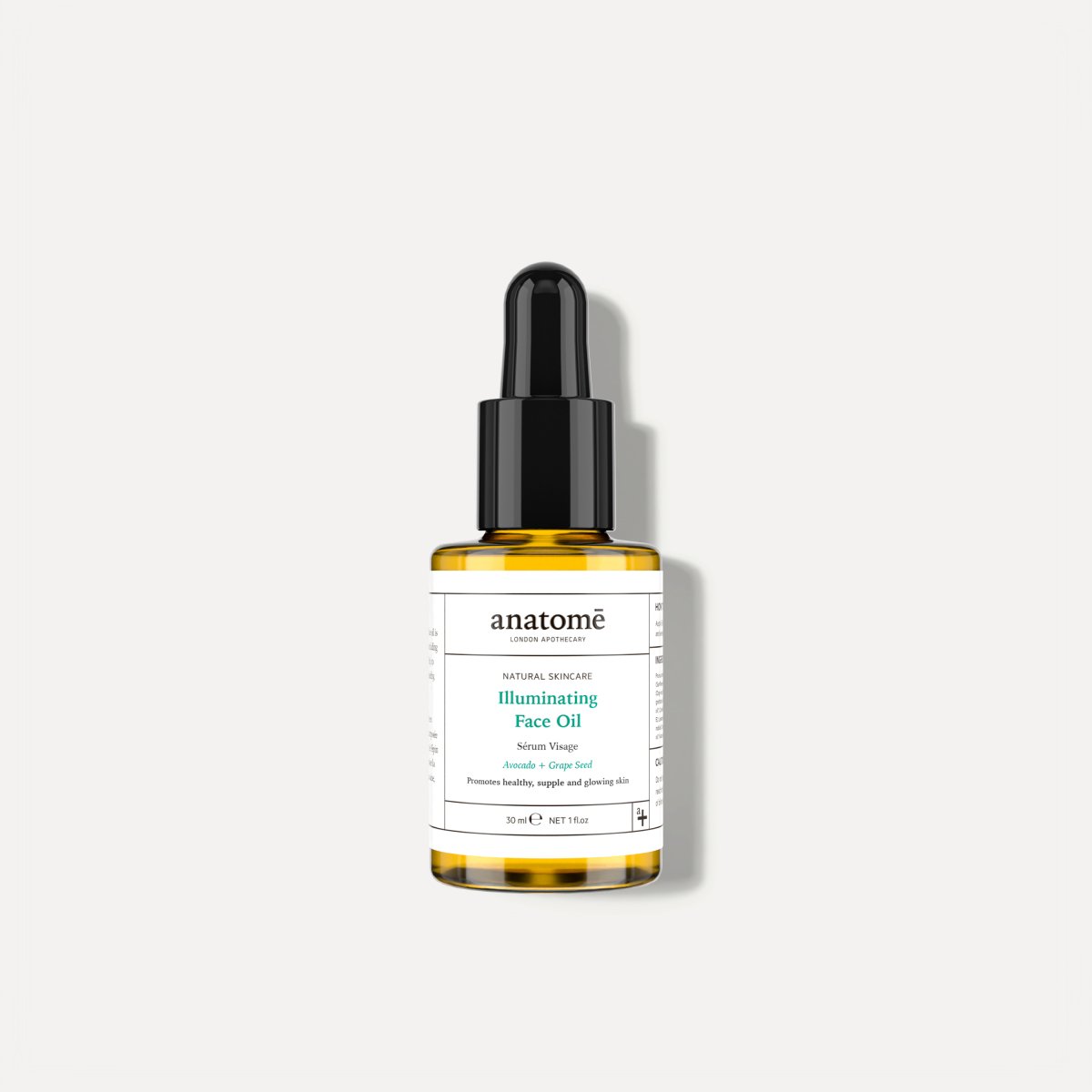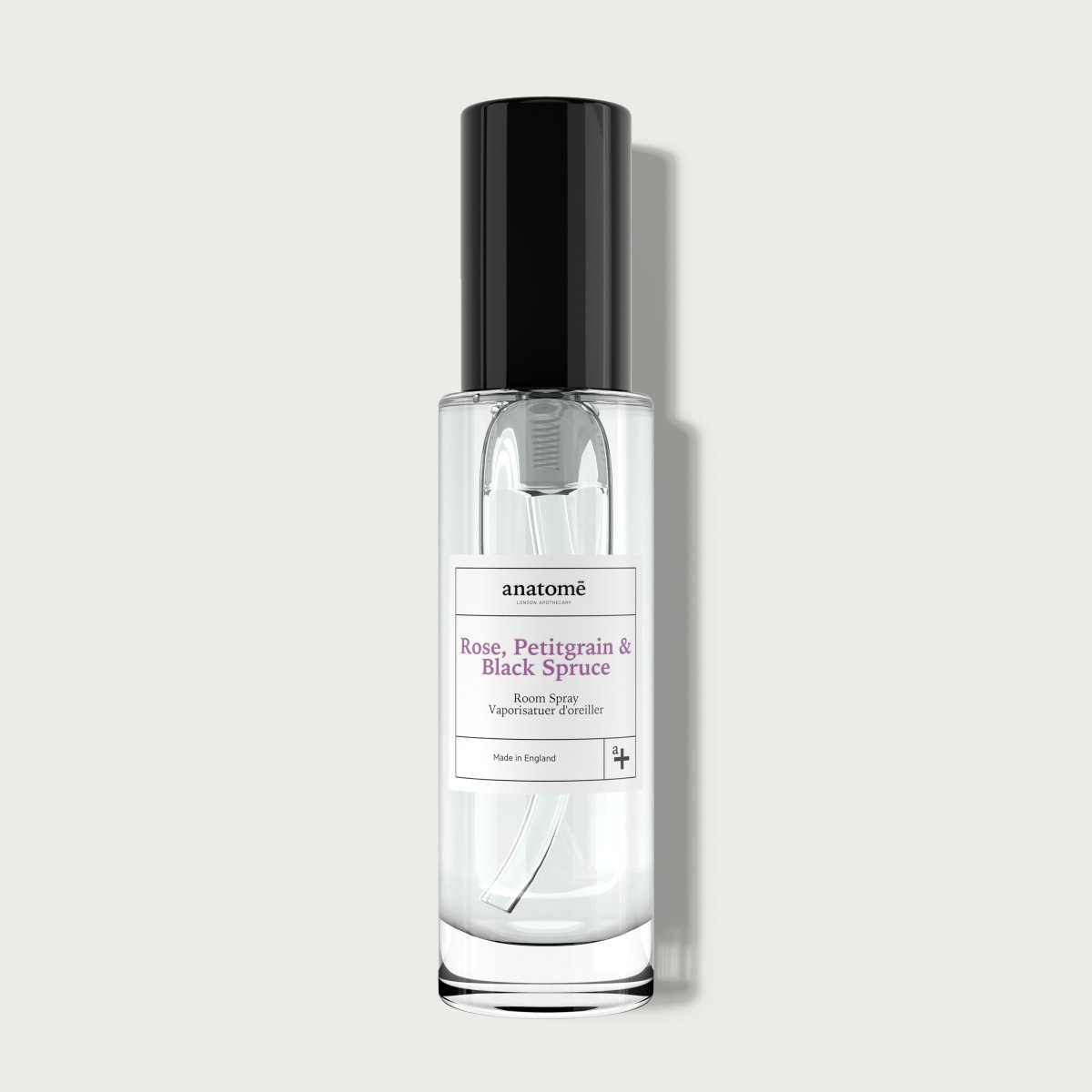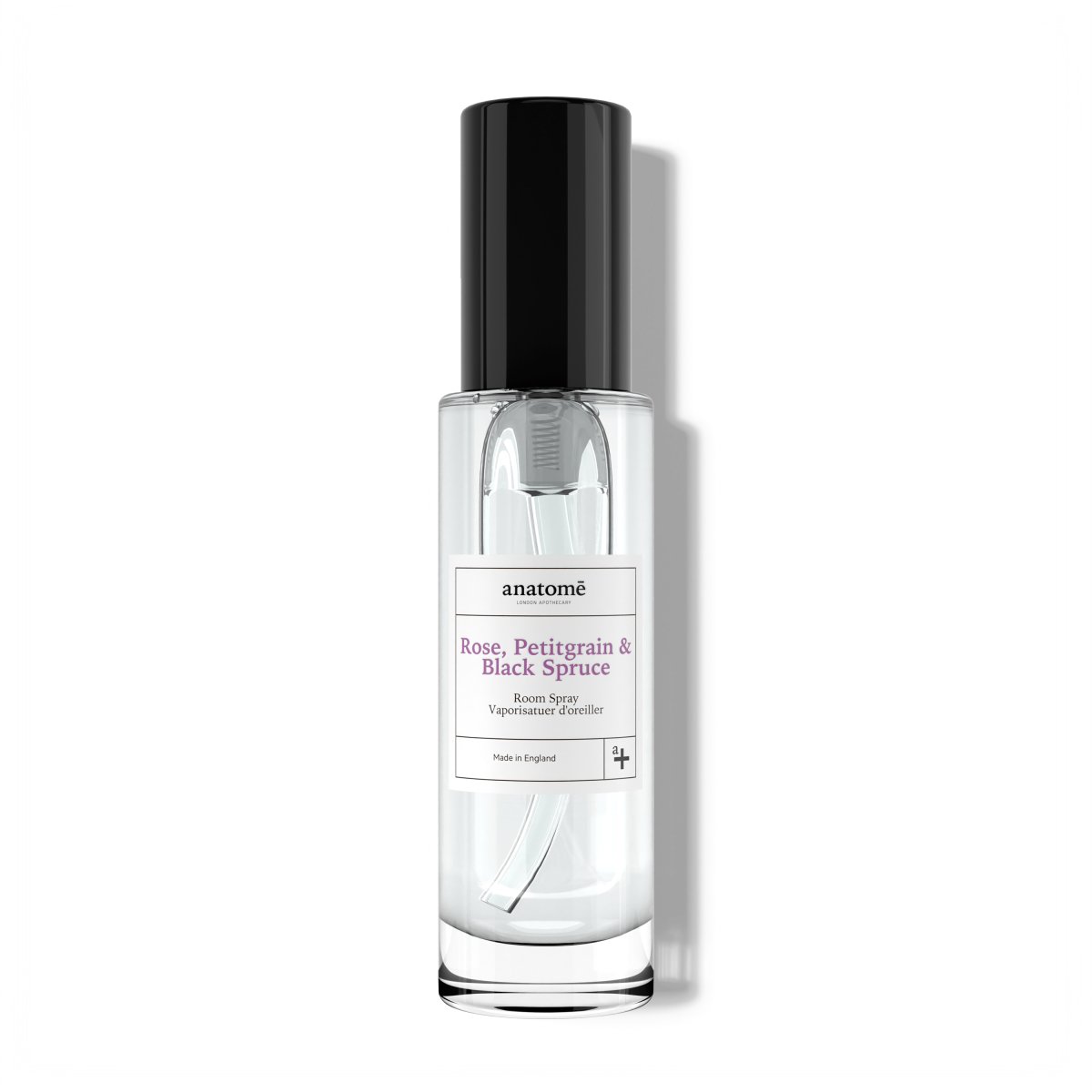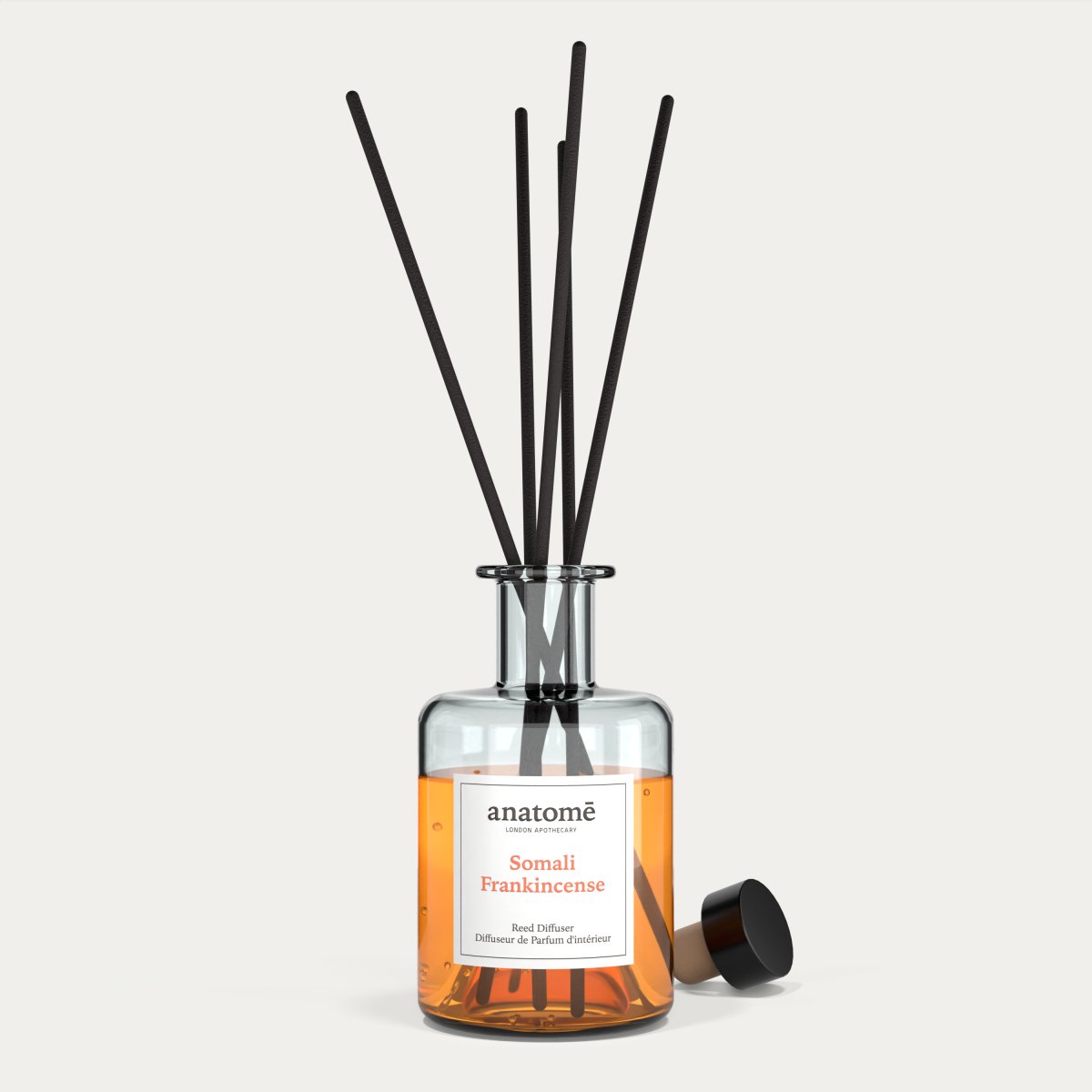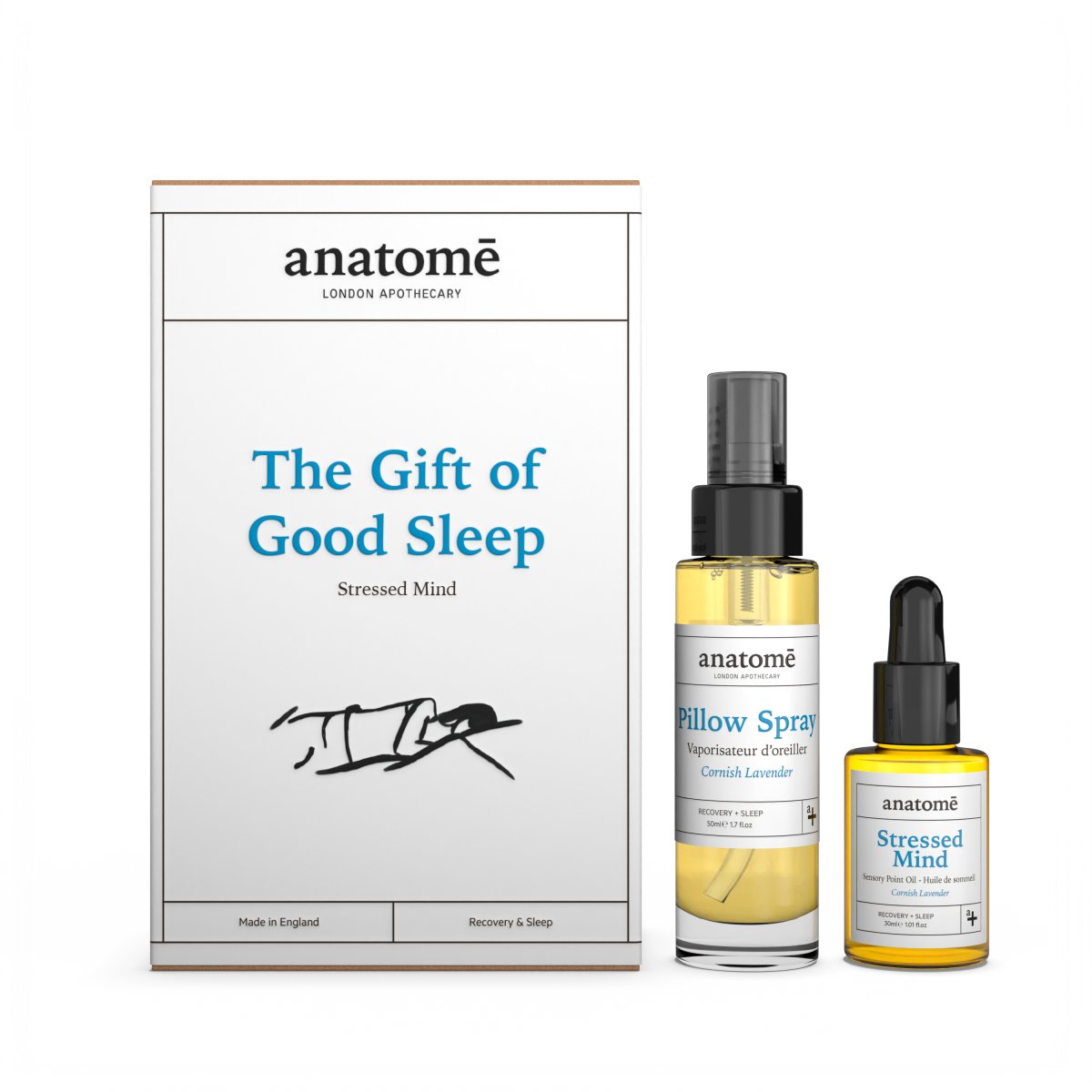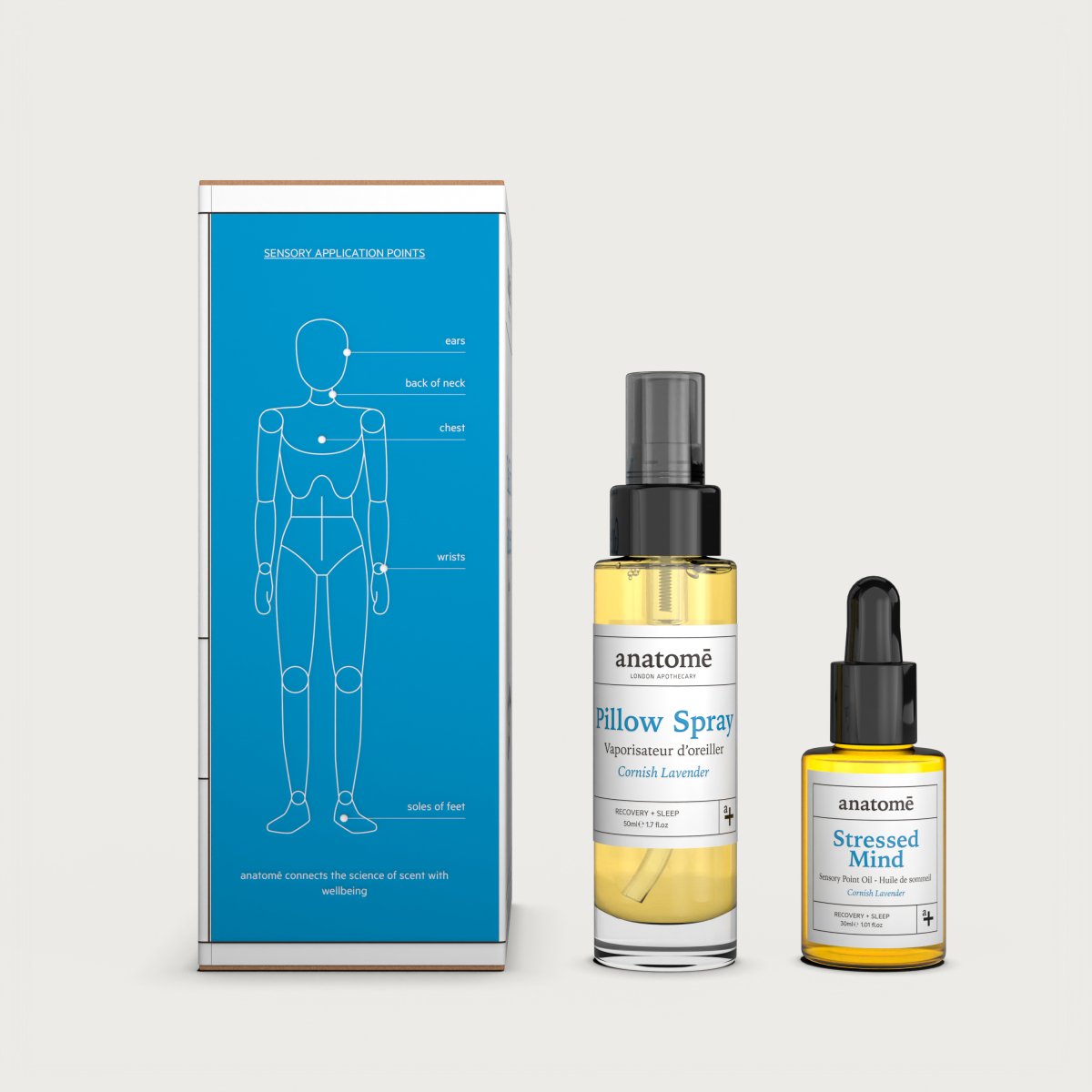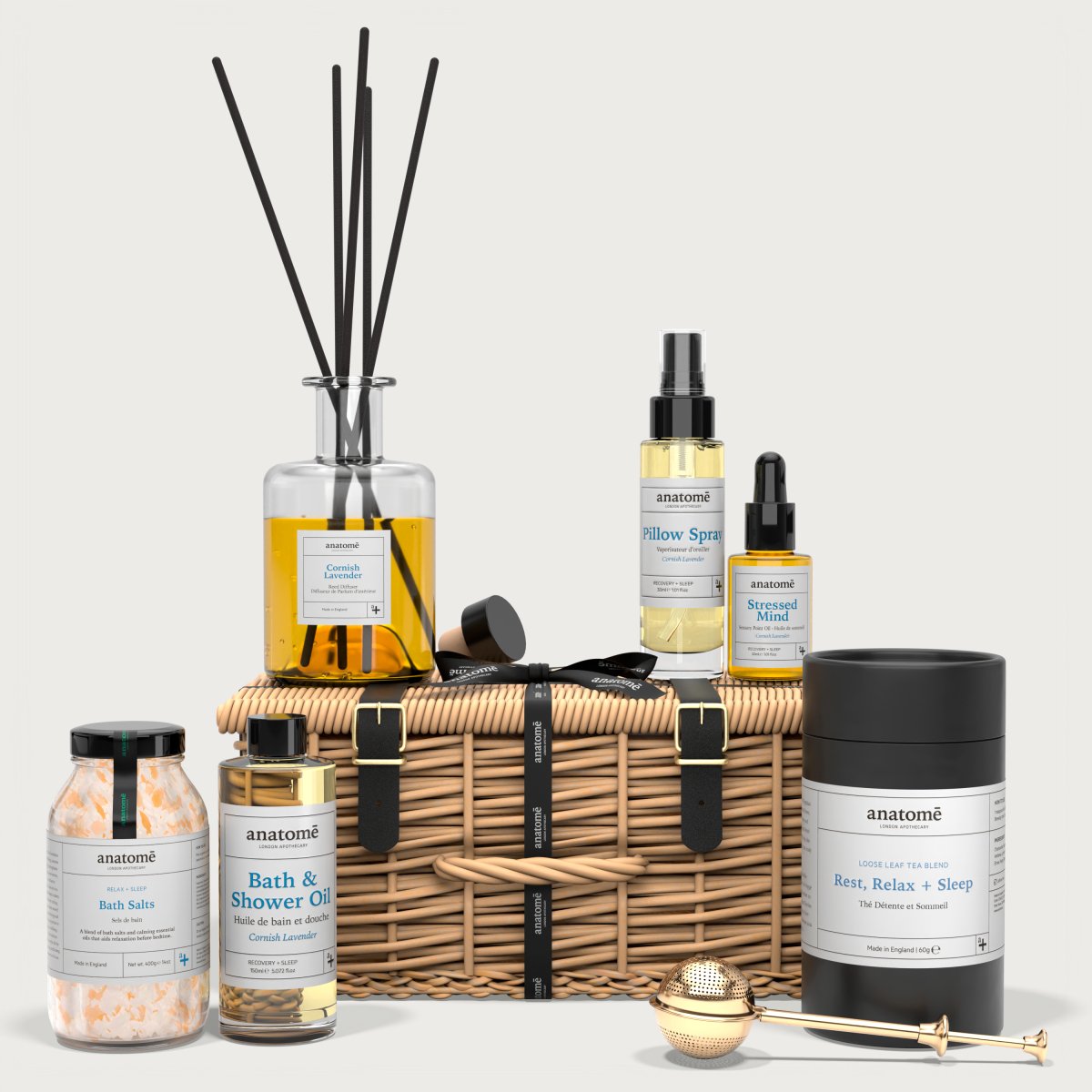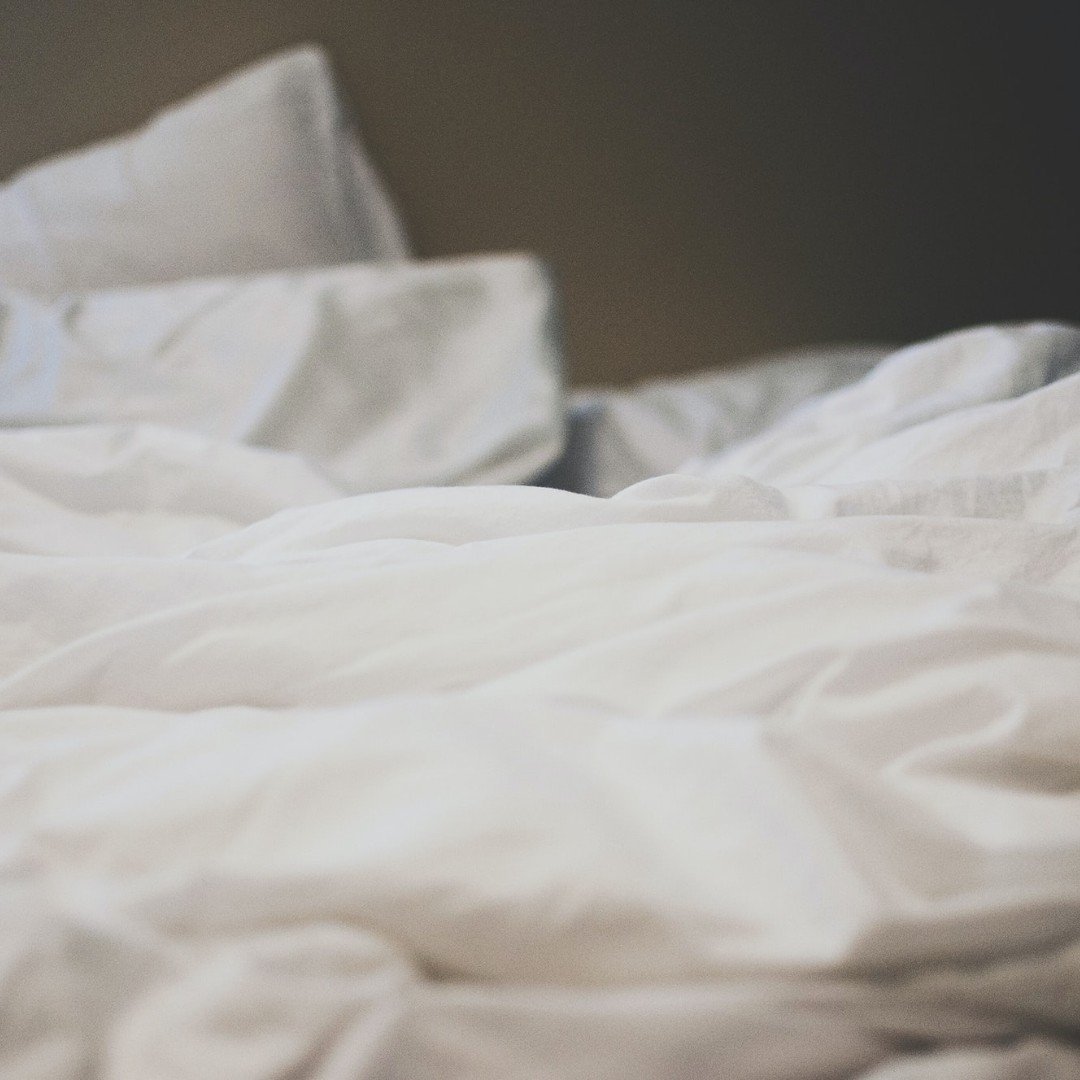
Why Sleep is the Cornerstone of Health
Sleep is invariably the most important factor in how we feel on a day-to-day basis. In research conducted by Dr Matthew Walker of University of California Berkeley, it was found that a sleepless night can increase anxious feelings by 30% (1). In spite of this research, sleep is not considered to be the most important factor in maintaining health.
One survey completed by Harris Poll on behalf of Philips reviewed over 15,000 adults in 13 different countries and found that on average, sleep health isn’t being prioritised in people’s lives. While 67% of participants viewed sleep to have a significant impact on their overall health and wellbeing, most people, only 29%, surveyed said that they didn’t feel much guilt about not implementing healthy sleep habits (2). Meaning that they are not prioritising sleep as a significant factor in improving their health.
Many of us do not understand the impacts of sleep deprivation and do not prioritise sleep as a way of improving our health.
While research for sleep is still in its early days, scientists know that sleep has significant impacts on our health. Here, we dive into the research and the known impacts of sleep on health and overall wellbeing ranging from brain health, emotional health and cardiovascular fitness, to immune health and hormone regulation.

Sleep and Brain Health
Sleep has a significant impact on our brain health. Research has found links between healthy sleep and a lower risk of neurodegenerative diseases such as Alzheimer’s and Dementia since sleep allows for the removal of beta-amyloid metabolite in the brain (3,4).
Recent research has found that there is a plumbing system in the brain, called the glymphatic system, where the brain removes cellular waste, such as beta-amyloid metabolite, and restores the important cells (3). “The functions of the glymphatic system differ in the awake and sleep state… in the sleeping state, the interstitial space increases roughly sixty percent and effectively clears toxic cellular trash. Thus, during the state of sleep, the cerebrospinal fluid removes the beta-amyloid metabolite in the brain,” (3,4). This research effectively proves that sleep deprivation can lead to negative effects on cognitive performance, motor functions and behavioral patterns.

During sleep, enzymes repair brain cell damage that is caused by free radicals while we’re awake (3). “Studies have shown that NREM sleep is important for turning off the norepinephrine, serotonin and histamine neurotransmitters, which in turn allows their receptors to “rest” and regain sensitivity,” (5).
Therefore, a lack of sleep means that our brain cannot function at its normal levels. In order to function properly, we have to sleep well since our brain recovers while we sleep and there are certain cellular functions that cannot be restored until we sleep. While we are asleep, the brain consolidates our memories and what we’ve learned (3). REM sleep seems to be involved in how we process what happens in our day, if the information is complex and emotionally charged, into declarative memories (7).
Sleep and Emotional Health
When dealing with emotionally charged events, sleep is one of the most important ways we process what happens (7). Not only that, but it also has an impact on how we deal with stress and anxiety.
One study found that “poorer sleep quality is associated with the worse ability to regulate negative emotion by using cognitive reappraisal,” (8). The study discovered that when participants experienced a lower sleep quality, their ability to maintain high-level cognitive functions, like those dictated by the prefrontal cortex, was impaired. In addition, the link between the prefrontal cortex and the amygdala, which control cognitive functions and emotions, respectively, was reduced (8).
In essence, this means that when sleep quality is low, the ability to function well whilst dealing with negative emotions is also impaired.
One review of 21 studies on sleep and mental health found that, “non-depressed people with insomnia have a twofold risk to develop depression, compared to people with no sleep difficulties,” (9).
Sleep helps to restore normal levels of hormones and chemicals within the brain that allows it to function at its best (4). “Sleep loss causes not only daytime sleepiness and psychomotor impairment, but also emotional instability, anxiety and confusion, and chronic insomnia increase vulnerability to mood and anxiety disorders. Recent studies have revealed some of the neural basis of emotional regulation by sleep,”(10).
Sleep and Cardiovascular Health
Not only does sleep help to maintain our emotional and brain health, it also plays a role in cardiovascular fitness. A study done by the Centers for Disease Control and Prevention (CDC) in the US found that adults who slept less than 7 hours per night were 8.5% more likely to have COPD (chronic obstructive pulmonary disease) than adults who slept more than 7 hours per night (11).
In addition, another study found in the Social Science & Medicine Journal found that there were numerous positive associations between poor sleep, cardiovascular disease and high blood pressure (12). The Emory Clinical Cardiovascular Research Institute found that “39% of patients with coronary artery disease slept fewer than 6.5 hours and 35% slept longer than the 7.5 hours and both groups had higher risks of all-cause mortality (hazard ratio, 1.45 and 1.41, respectively). Patients with short sleep durations also had higher cardiovascular mortality (hazard ratio, 1.48),” (13). It is clear from current research that sleep has a significant impact on your cardiovascular health.

Sleep and Immune Health
Sleep and the immune system have been linked for almost 50 years. In the 1970’s, researchers discovered muramyl peptide in human urine and noted it as a sleep inducing factor. “Immunoregulatory cytokine, i.e. interleukin (IL)-1, a key player in sleep regulation has levels associated with sleep propensity in the brain induced by muramyl dipeptide,” (14). This essentially means that while we are asleep, the body makes these cytokines that help to fight off infection and inflammation.
When sleep is disturbed, so is the immune system. “Perceptivity to infectious diseases and deterioration of systemic circulation of leukocytes is increased by petty alterations due to lack of sleep,” (14,15). In spite of the complexities of both of these symptoms, research has proven that the link between the two is quite clear. When we sleep poorly, we have a higher risk of infection and when our sleep quality is high, our immune system is at its strongest (14).
Sleep and Hormone Regulation
When we sleep, the body uses this time to regulate our hormones. “Several hormones are influenced by interactions between the effects of sleep…; growth hormone, melatonin, cortisol, leptin, and ghrelin levels are highly correlated with sleep,”(16). One study found that growth hormones were intermittently secreted during sleep and increased significantly at the sleep onset (17). This means that while we are sleeping, our body is restoring itself and repairing any damage from the day. It also has significant impacts on what sleep means for children, since a significant portion, 13-14 hours for an infant, of their day is spent in sleep. With the secretion of growth hormones, it means that sleep plays an important role in early development (7) and plays a significant role in the reparation of the body (16).

What you can do to improve your sleep
Sleep is widely considered to be one of the most influential aspects of overall health and wellbeing, yet it is not prioritised as such (1). Over 6 in 10 global adults (61%) have some kind of issue that impacts their sleep (2). However, between worries in daily life, to distractions at bedtime, it is harder than ever to get a good night of sleep and even harder to get the full 7 hours of uninterrupted sleep that most adults need. Luckily, there are a number of ways you can improve your sleep. For example, you can keep technology out of the bedroom, implement a bedtime routine that incorporates scents to help train your brain that it is time for bed and drink a cup of herbal tea to help calm your worries.
While essential oils have been used for centuries in improving sleep health, recent findings of aromacology have demonstrated the sleep-inducing properties of certain botanical compounds.
Terpenes, for example, are naturally occurring compounds that can be found in botanicals like Frankincense and have been found to decrease cortisol levels. Elevated cortisol levels can lead to fragmentation of sleep and shortened sleep time, which happens with insomnia (18).
There is also Linalool and Linalyl Acetate, found in Lavender, which studies have shown that these compounds inhibit several neurotransmitters in the brain, resulting in a sedative-like and pain-relieving effect. Terpenes, Linalool and Linalyl Acetate are only a couple of the botanical compounds that have repeatedly demonstrated sleep-inducing properties. Our sleep oil blends incorporate these evidence-based ingredients into blends that help induce sleep and encourage a more restful night.
Sleep is the single most influential thing we can do to help our overall health and wellbeing. There is no other aspect of health that has as significant an impact, it affects every single organ in our body. It dictates how well our immune system functions, allows our brain to retain information better, regulates our hormones and our appetite, reforms the body’s metabolic state, maintains our gut’s microbiome and helps maintain the fitness of our cardiovascular system (1). Not only is it responsible for so many aspects of our health, but research is still in its early days, so there will be a lot more information to come out of future studies and reviews. What we know for certain though, is that sleep is the single most important thing we do for ourselves and is the most impactful thing we can do to improve our health.
References:
- Walker, M.P. (2018). Why we sleep : unlocking the power of sleep and dreams. New York, Ny: Scribner, An Imprint Of Simon & Schuster, Inc.
- https://technologyofsleep.com/sleep-health-cornerstone-healthy-lifestyle/
- Eugene, A.R. and Masiak, J. (2015). The Neuroprotective Aspects of Sleep. MEDtube Science, [online] 3(1), pp.35–40. Available at: https://www.ncbi.nlm.nih.gov/pmc/articles/PMC4651462/.
- Underwood E. Neuroscience. Sleep: the brain’s housekeeper? Science. 2013;342:301. doi: 10.1126/science.342.6156.301.
- Suntsova N, Szymusiak R, Alam MN, Guzman-Marin R, McGinty D. Sleep-waking discharge patterns of median preoptic nucleus neurons in rats. J Physiol. 2002;543:665–77. PHY_023085 [pii]
- Spira AP, Chen-Edinboro LP, Wu MN, Yaffe K. Impact of sleep on the risk of cognitive decline and dementia. Curr Opin Psychiatry. 2014;27(6):478-483. doi:10.1097/YCO.0000000000000106
- Division of Sleep Medicine at Harvard Medical School (2019). Sleep, Learning, and Memory | Healthy Sleep. [online] Harvard.edu. Available at: http://healthysleep.med.harvard.edu/healthy/matters/benefits-of-sleep/learning-memory.
- Mauss, I., Troy, A. and LeBourgeois, M. (2013) ‘Poorer sleep quality is associated with lower emotion-regulation ability in a laboratory paradigm’, Cognition & Emotion, 27(3), pp. 567–576. doi: 10.1080/02699931.2012.727783.
- Baglioni, C., Battagliese, G., Feige, B., Spiegelhalder, K., Nissen, C., Voderholzer, U., Lombardo, C. and Riemann, D. (2011). Insomnia as a predictor of depression: A meta-analytic evaluation of longitudinal epidemiological studies. Journal of Affective Disorders, 135(1–3), pp.10–19.
- Motomura, Y. and Mishima, K. (2014). [Sleep and emotion: the Role of Sleep in Emotion regulation]. Brain and Nerve = Shinkei Kenkyu No Shinpo, [online] 66(1), pp.15–23. Available at: https://pubmed.ncbi.nlm.nih.gov/24371127/ [Accessed 3 Sep. 2020].
- Centers for Disease Control and Prevention (2019). CDC - Data and Statistics - Sleep and Sleep Disorders. [online] Centers for Disease Control and Prevention. Available at: https://www.cdc.gov/sleep/data_statistics.html.
- Buxton, O.M. and Marcelli, E. (2010). Short and Long Sleep Are Positively Associated with obesity, diabetes, hypertension, and Cardiovascular Disease among Adults in the United States. Social Science & Medicine, 71(5), pp.1027–1036.
- Kuehn, B.M. (2019). Sleep Duration Linked to Cardiovascular Disease. Circulation, 139(21), pp.2483–2484.
- Asif, N., Iqbal, R. and Nazir, C.F. (2017). Human Immune System during Sleep. American Journal of Clinical and Experimental Immunology, [online] 6(6), pp.92–96. Available at: https://www.ncbi.nlm.nih.gov/pmc/articles/PMC5768894/#b27 [Accessed 3 Sep. 2020].
- Everson CA. Clinical assessment of blood leukocytes, serum cytokines, and serum immunoglobulins as responses to sleep deprivation in laboratory rats. Am J Physiol Regul Integr Comp Physiol. 2005;289:1054–1063.
- Kim, T.W., Jeong, J.-H. and Hong, S.-C. (2015). The Impact of Sleep and Circadian Disturbance on Hormones and Metabolism. International Journal of Endocrinology, [online] 2015, pp.1–9. Available at: https://www.ncbi.nlm.nih.gov/pmc/articles/PMC4377487/ [Accessed 14 Apr. 2019].
- Holl, R.W., Hartman, M.L., Veldhuis, J.D., Taylor, W.M. and Thorner, M.O. (1991). Thirty-second Sampling of Plasma Growth Hormone in man: Correlation with Sleep Stages. The Journal of Clinical Endocrinology and Metabolism, [online] 72(4), pp.854–861. Available at: https://pubmed.ncbi.nlm.nih.gov/2005213/ [Accessed 3 Sep. 2020].
- Kuriyama, H., Watanabe, S., Nakaya, T., Shigemori, I., Kita, M., Yoshida, N., Masaki, D., Tadai, T., Ozasa, K., Fukui, K. and Imanishi, J. (2005). Immunological and Psychological Benefits of Aromatherapy Massage. Evidence-Based Complementary and Alternative Medicine, [online] 2(2), pp.179–184. Available at: https://www.ncbi.nlm.nih.gov/pmc/articles/PMC1142199/ [Accessed 23 Jan. 2020].
- Hamzeh, S., Safari-Faramani, R. and Khatony, A. (2020). Effects of Aromatherapy with Lavender and Peppermint Essential Oils on the Sleep Quality of Cancer Patients: a Randomized Controlled Trial. Evidence-Based Complementary and Alternative Medicine: eCAM, [online] 2020, p.7480204. Available at: https://pubmed.ncbi.nlm.nih.gov/32308715/ [Accessed 3 Sep. 2020].

